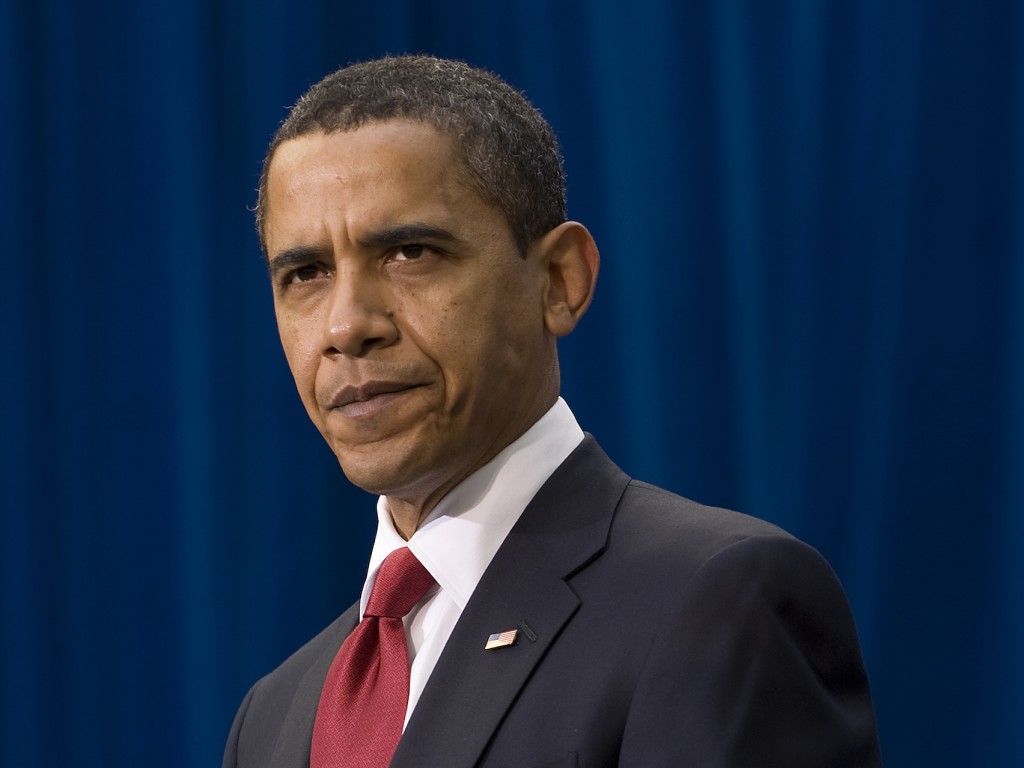Congress might not pass a National Defense Authorization Act (NDAA) for the first time in 51 years. Though it passed the House, it has been sitting in the Senate for months and, as Congress is about to adjourn for 2013 before Christmas, time is running out for the Senate to pass and the President to sign into law the 2014 NDAA.
This is one of many signs that the Senate and the President do not see defense as a priority. The Senate has increasingly pushed the deadline to the limit in recent years, often passing the bill hours before it would have been too late—or the day before Christmas, to give one recent example.
Under President Obama and Senate Majority Leader Harry Reid (D–NV), the military’s capabilities and resources have been cut dramatically. For example, the President has attempted to direct cuts to critical defense programs—such as the F-35 Joint Strike Fighter program, the next-generation ballistic missile submarine, and the Navy’s fleet of cruisers—in his annual budget requests.
The President and Senator Reid have taken their disinterest in national security to a new extreme this year. Failing to pass the NDAA means the military will be operating with increased uncertainty. As The Heritage Foundation’s James J. Carafano explains:
Congress exercises its Constitutional responsibility to “provide for the common defense” by passing key pieces of legislation: the annual defense appropriations bill…and the NDAA, which sets forth the policies that guide how that money is spent. The NDAA also provides direction and guidance on a host of Pentagon activities.… Congress has not passed a budget in years. The NDAA is all that is left. Now it looks like Sen. Reid is willing to let the NDAA die on his watch.
Funding for the military is already increasingly unclear. The Senate and the President should restore some confidence in the military by displaying a commitment to America’s national security and the men and women in the armed services.
